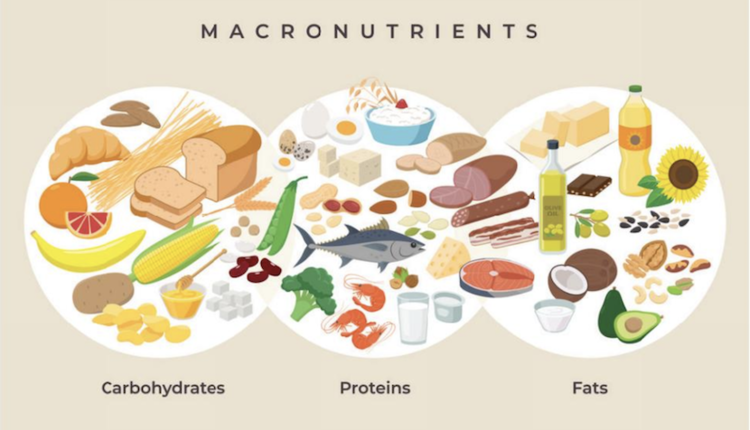
Fitness professionals are known to work hard around the clock to accommodate clients’ busy schedules with high-quality training sessions designed to improve muscular strength, muscular endurance, and/or cardiovascular endurance (depending on individual goals). However, regardless of how challenging these training sessions may be, many clients feel that they do not achieve their desired results regarding weight loss, body composition, and/or physical aesthetics. To analyze why this appears to be a common theme, let’s estimate that most clients typically budget time for just two or three 30 – 60-minute training sessions each week. Even the most dedicated clients who come in for four 60-minute sessions weekly, fitness is only accounting for 2.4% of the client’s hours in a given week.
What accounts for much more of a client’s time and energy balance? Their food and beverage intake. It is commonly spoken that weight loss/weight maintenance is “80% diet, 20% exercise.”
While it may be difficult to generalize such percentages to all individuals, the bottom line is clear: diet and exercise go hand-in-hand, and it is very difficult to maximize results from one in the absence of the other. Without credible dietary guidance to influence clients’ caloric intake, it is very difficult for most of them to achieve an optimal energy balance (calories in < calories out) and, therefore, to achieve many of their health-related goals.
Registered dietitians are currently regarded as the food and nutrition professionals. To become a registered dietitian (RD), one must complete the specific set of courses outlined by the Academy of Nutrition Dietetics (AND), complete the required internships outlined by AND, and pass the RD exam. Without going to school to become an RD, there are a number of accredited certifications that a personal trainer may obtain to become qualified to provide more detailed nutritional advice. Examples of such certifications include the International Sports Sciences Association (ISSA) Fitness Nutrition Certification and the American Council on Exercise (ACE) Fitness Nutrition Specialist certification. Courses associated with such certifications cover a variety of topics including food intake, digestion and absorption, energy metabolism, macro- and micronutrient requirements, collection and evaluation of clients’ dietary information, construction of individualized nutrition plans, and effective nutrition coaching strategies.
Obtaining an accredited nutrition certification has the potential to raise the pay for a fitness professional by at least $6,000 annually. Not only can a nutrition certification broaden the horizon for services provided by a fitness professional, it also increases their quality of services across-the-board. With appropriate and accurate dietary guidance, clients are much more likely to achieve desired results. Not only does this motivate clients to stay committed and continue receiving fitness and dietary services, it also serves as a great advertising tool for other individuals considering such lifestyle changes. More existing clients achieving more goals and recruiting more new clients will undoubtedly translate to greater revenue and greater impact for any fitness professional.
















